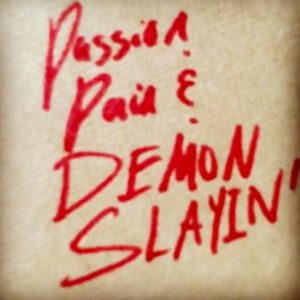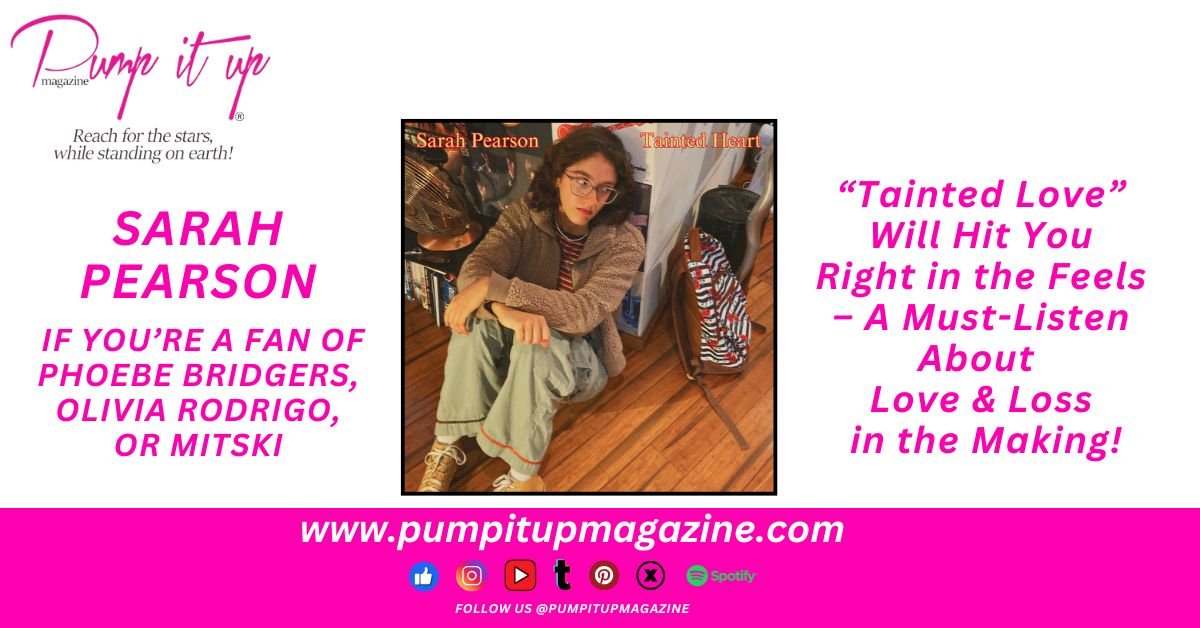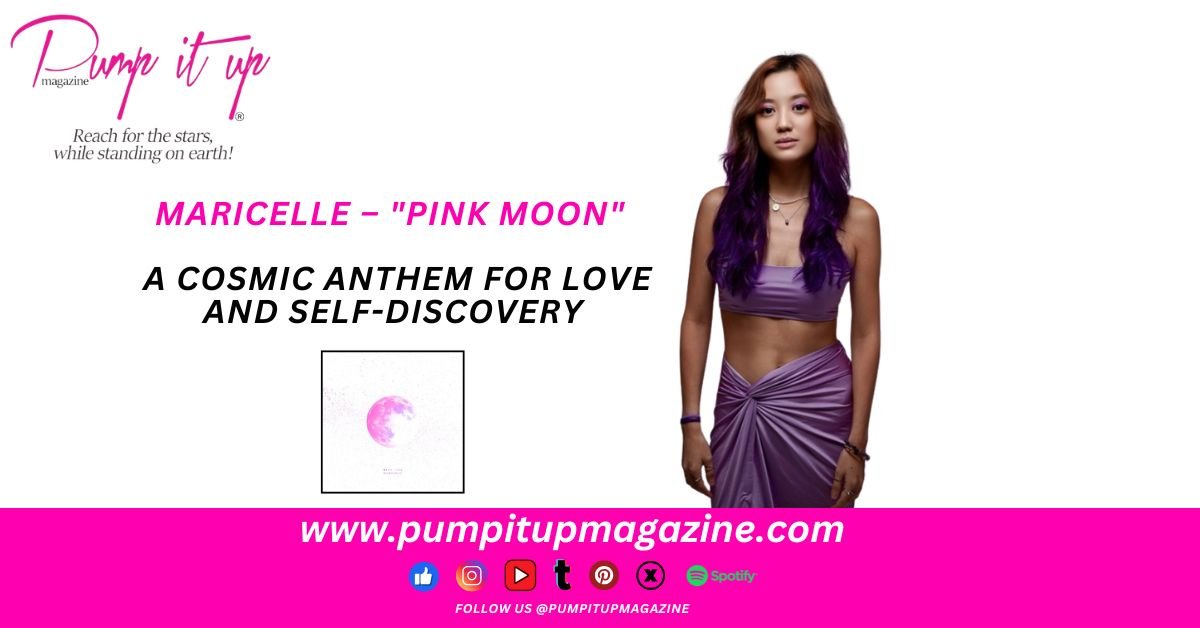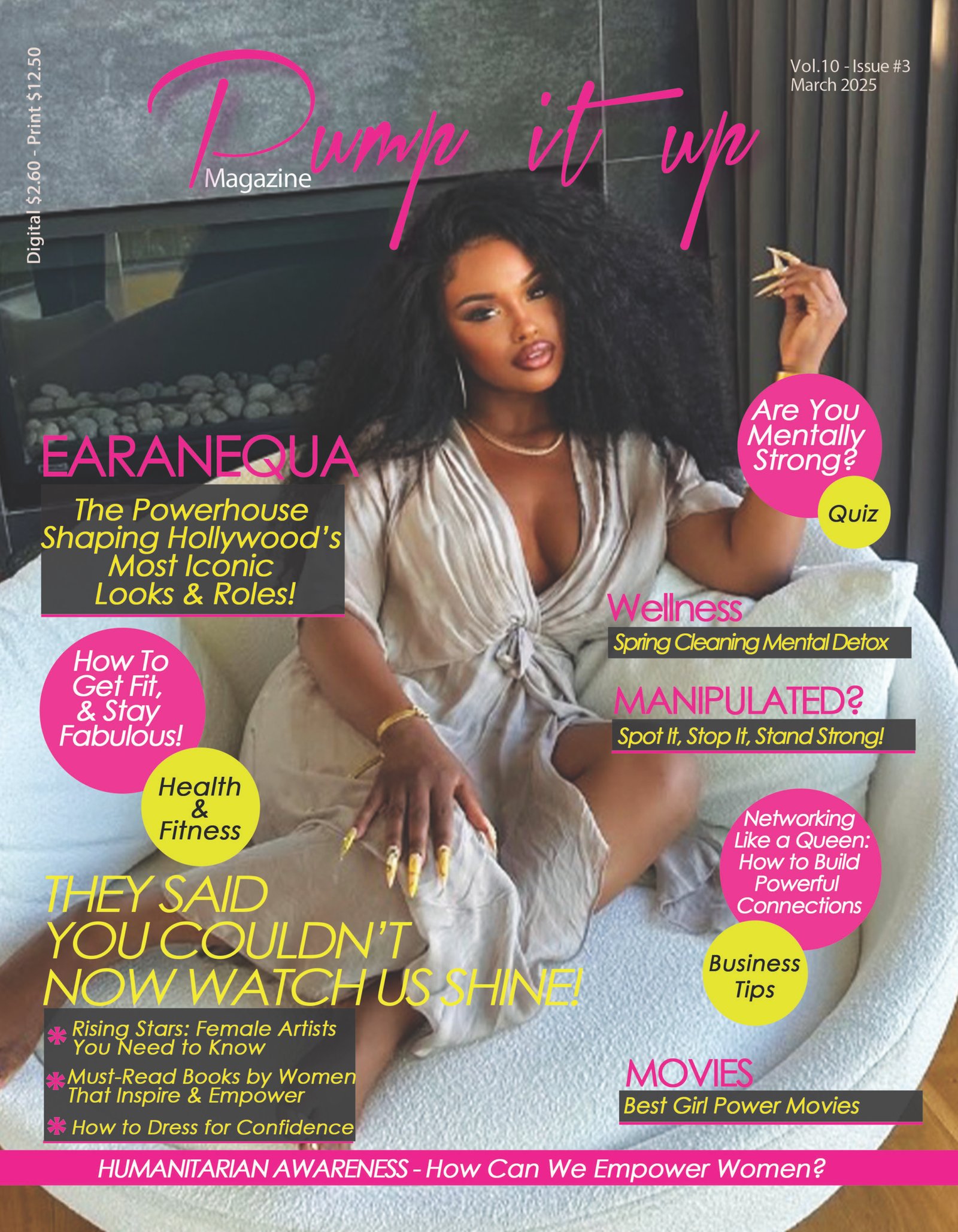Scott Mescudi’s latest tome, the 87-minute Passion, Pain & Demon Slayin’, is the most focused he’s sounded since 2010’s Man on the Moon II, with the same drawbacks that have always plagued him.
Scott Mescudi does not make small projects. His shortest album, Satellite Flight: The Journey to Mother Moon, runs 41 minutes, and last year, he somehow wrung over 91 minutes out of the psychedelic acoustic Speedin’ Bullet 2 Heaven. Grandiosity is part of Kid Cudi’s charm: His world is melodramatic and vast while remaining entrenched in his most personal memories. While his issues are his own (and typically petty), he conveys them as important, as if they fit into a larger universal scheme where things have meaning and happen for a reason. In 2009, he slowly opened the doors to that world, hum-singing “Welcome/You’re in my dreams” on Man on the Moon’s intro.
His latest tome, the 87-minute Passion, Pain & Demon Slayin’, continues that tradition. It’s expansive, and Cudi is as focused as he’s been since 2010’s Man on the Moon II: The Legend of Mr. Rager. But it also comes with the same drawbacks that have plagued the Cleveland artist throughout his career: His albums require full immersion and acceptance of his worldview to function, but it’s still not clear that he has found something new (or anything at all) to say that makes him a unique voice worth hearing.
To start his career, Cudi flaunted his vulnerabilities, endearing him to fans who went through similar troubles. By MOTM II, he took on a more advisory role, calmly offering, “I am your big brother” on “Revofev.” When martyrdom proved fruitless and thankless, he got lost in those troubles, and preferred to steer negative: “You doubt him, don’t know a damn thing about him/What is hip-hop without him,” from Indicud’s “King Wizard.” On Passion, Pain & Demon Slayin’, Cudi has returned to the Man on the Moon attitudes, where he is the pained and wizened sad sack—at once able to offer comfort and vulnerable to his own destructive tendencies.
“Swim in the Light,” for instance, is truly affecting, a sort of meditative moment of ambient hip-hop. The minimalist offering conjures deeper images and feeling buried deep within the track; “you could try and numb the pain, but it’ll never go away,” he advises. But when he tries to expound, as on “Wounds,” he finds himself mired in cliché, suggesting you “dig deeper” to find yourself. It’s a constant theme in Cudi’s work; his songs might feel important, but since he only operates in tired symbolism, does he have anything worth saying? Little on Passion convinces that Cudi is a greater authority on the ways of the world than he’s been before, but growth is not as much a part of his repertoire as the frequent suggestions of ascension would lead you to believe. Like he states on “Swim in the Light,” the problems don’t disappear, so a Cudi experience is simply finding new warm atmospheres to bask in the darkness.
Lyrics have been Cudi’s most frequent struggle. The closing “Surfin’” is a very catchy song that excels on its hook alone, but Cudi finds great difficulty in biding his time between choruses. Forced to say something in the interim, he comes up with “The industry is so full of shit/Welcome, y’all, to the enema.” He’s barely ever been a rapper, which made him more unique and interesting when end rhymes and pacing were of little concern to him.
As usual with his music, Passion’s best moments come from its production. Cudi brought back his career-launching accomplice Plain Pat, and recruited Kanye soothsayer Mike Dean, which lends cohesion and focus to the record. Regardless of its dull content, “Frequency” sounds vibrant, thanks to an instrumental that marries the ambition of Man on the Moon with the spacey calmness of Satellite Flight. The Pat-produced “Dance 4 Eternity” feature beautiful synths that hum around the background with skittering hi-hats that drive the song. And “The Guide” is a menacing whirl, enlivened by an André 3000 verse. At its worst, however, too much of the album blends together—“Kitchen” and “Cosmic Warrior” may as well be the same song. The same goes for “Distant Fantasies,” “Wounds,” and “Mature Nature.”
At this point in his firmly established career, Kid Cudi does not wish to be a savior, and he is less interested in being a brat, as Speedin’ Bullet 2 Heaven allowed him an outlet to lash out against himself and others. The meaning of his music has gone entirely internal, with the listener left to search for the “Frequency” on Cudi’s terms and in his realm. The 87-minute runtime is both ridiculous and somehow necessary; if the redundancies were cut, some of the self-importance would be lost. The extended monotony allows you to get lost in Cudi’s ego and your own head, clearing room amid the nothingness to discover and create meaning.


 Nominate someone special for the 2025 Pump It Up Magazine Awards and let's recognize their hard work! Click here.
Nominate someone special for the 2025 Pump It Up Magazine Awards and let's recognize their hard work! Click here.












